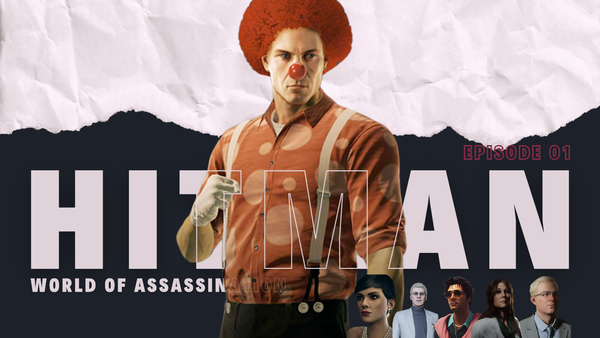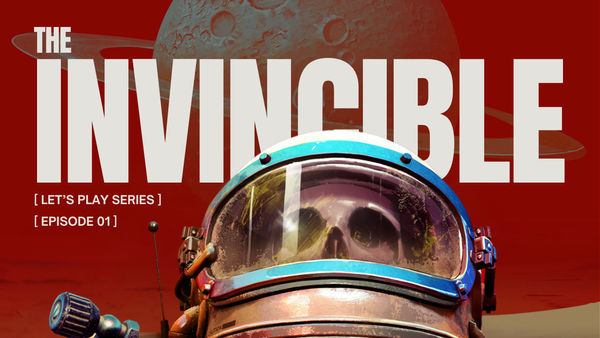Something To Talk About — Meryl Wilsner | Review

A showrunner and her assistant give the world something to talk about when they accidentally fuel a ridiculous rumor in this debut romance.
Hollywood powerhouse Jo is photographed making her assistant Emma laugh on the red carpet, and just like that, the tabloids declare them a couple. The so-called scandal couldn’t come at a worse time—threatening Emma’s promotion and Jo’s new movie. As the gossip spreads, it starts to affect all areas of their lives. Paparazzi are following them outside the office, coworkers are treating them differently, and a “source” is feeding information to the media. But their only comment is “no comment.”
Don’t go into Something To Talk About expecting any fake dating or there was only one bed tropes. STTA is, at its core, a slow burn, with all that that entails: miscommunication (or outright failure to communicate) and misunderstandings, 10 Reasons Why We Cannot Be Together, and pining. So much pining.
Which, to be fair, is right up my alley. I basically breathe slow burn and mutual pining. The dual POV romance is my bread and butter.
I am, therefore, entirely aware that things that I am willing to put up with, others may not be quite so forgiving of. I only skimmed the top reviews of the novel on goodreads and some of listeners’ criticism on audible, and I get it, I do. Some may not be happy with the very late, singular sex scene; others may tear their hair out at the oft-repeated mantras of Why We Can’t Do This that both characters do get into at length. And that does get a bit much when it’s repeated that often, sometimes verbatim. It does, however, absolutely explain why the steamy pay-off doesn’t come in until very late in the game: to have Emma and Jo have sex earlier would have pulverised especially Jo’s characterisation.
She’s painfully aware of the Predatory Lesbian stereotype, moreso since Emma works as her assistant for about 90% of this story, and experiences (verbal) sexual assault on the set of the TV show that Jo has been running for years. Even though their dynamic is not coercive, Jo would not have let it go further while Emma still works for her. Personally, I don’t mind late-in-the-book sex (much as I am a dork for the “we’re already having sex but valiantly denying our feelings” dynamic) and it absolutely gelled with Jo’s personality, in my view, that it didn’t happen earlier.
Emma, for her part, is openly bisexual, and her bisexuality is defended and supported. Biphobia is discussed, in surface terms, by her and Jo, but it happens on the page only when Emma is verbally assaulted on set. Even then, it’s less direct and relatively vague. Emma’s attraction to genders other than women is not explicitly discussed.
I do remember looking at my phone while listening, around the 3.5 hour mark, and realising that there’s still over five hours to go and wondering what, exactly, is yet supposed to be happening. I was a little sad that not more was made of Jo’s big career leap, in the end: writing for Agent Silver—basically this universe’s James Bond. It is discussed at length in the beginning, with all the cultural baggage that comes with Jo being Asian American and pundits claiming that she could not grasp the “essential qualities”—meaning whiteness—of Agent Silver. That’s a direct mirror of the moral panic surrounding discussions of handing over 007 to a Black actor; discussions that centre on Bond’s “quintessential Englishness,” meaning whiteness and English imperialism.
We get Emma’s perspective on it—indignant outrage on Jo’s behalf—but Jo’s chapters focus on it in terms of writing ability. It’s the first time she’s set to write a movie feature, an action script on top of that. While Emma comments on Jo’s American-ness and the underlying racism in criticism at choosing her as the scriptwriter, Jo shows that her ethnicity doesn’t matter in writing Agent Silver; rather it’s the challenge she feels in writing a big motion picture screenplay. Jo tells her experience of racism in Hollywood through her past: the TV show that made her famous when she was just a teenager, and the ostracism she faced after writing about her experiences candidly. Writing and show-running is her second career, and again she is not scared to make enemies as she makes sure that the director who assaults Emma will face actual consequences—if not from the law, then within the industry.
I must say that I vibed with Jo more than with Emma; perhaps I simply enjoyed her narration more. (What’s sad is that Penguin Audio did not hire an Asian American voice actress to narrate Jo’s chapters.) I also very much appreciated reading about a middle-aged character. Although I love New Adult, and I read a fair bit of YA as well, one cannot ignore that one is now in one’s thirties 😁
While Jo has known that she’s gay since she was young (presumably in her teens), she hasn’t been in a serious relationship since her early twenties. So now, when she falls in love with Emma, she is not only worried about the personal and professional dynamic but also about whether she’s right for Emma personally. She worries about, essentially, being good at being in a relationship. As I didn’t have relationships with women until my late twenties simply because I did not realise that I was bi until then, I can relate.
In the end, this is not a (stereo)typical Coming Out story, although it does deal with the pain of being in the closet; and the fear of professional and personal repercussions. Refreshingly, no-one is patronised or condescended to for being in the closet. What is perhaps missing is a wider circle of queer friends. In Jo’s case — as in mine — it makes sense that she doesn’t have any local queer friend group. At least with Emma, I was a little surprised; but then there is also only so much space for supporting characters if they’re supposed to have a significant bearing on the story.
The supporting characters that there are were interesting and mostly well fleshed-out (some more, some less, depending on their closeness to the MCs; though I so wish that Chantal had been given more than the perpetually raised eyebrow and the Is She The Leak? tension that hangs over her for a solid third of the novel); the true identity of the ominous leak doesn’t come as a huge shock, nor is it dwelt on.
Something To Talk About is a solid debut. My enjoyment of the romance tropes it deals in left me more willing to overlook a few weaknesses in pacing and tension arc. I’d be happy to give Wilsner’s upcoming titles a go, hoping that they’ll get stronger in handling the supporting cast and some of the frustration that comes with miscommunication in slow burn.

Genre Adult Romance, Contemporary
Narrative voice Third-person, dual POV
Pairing(s) F/F
Content warnings Verbal sexual assault, bi-/homophobia
Maturity rating 17+




